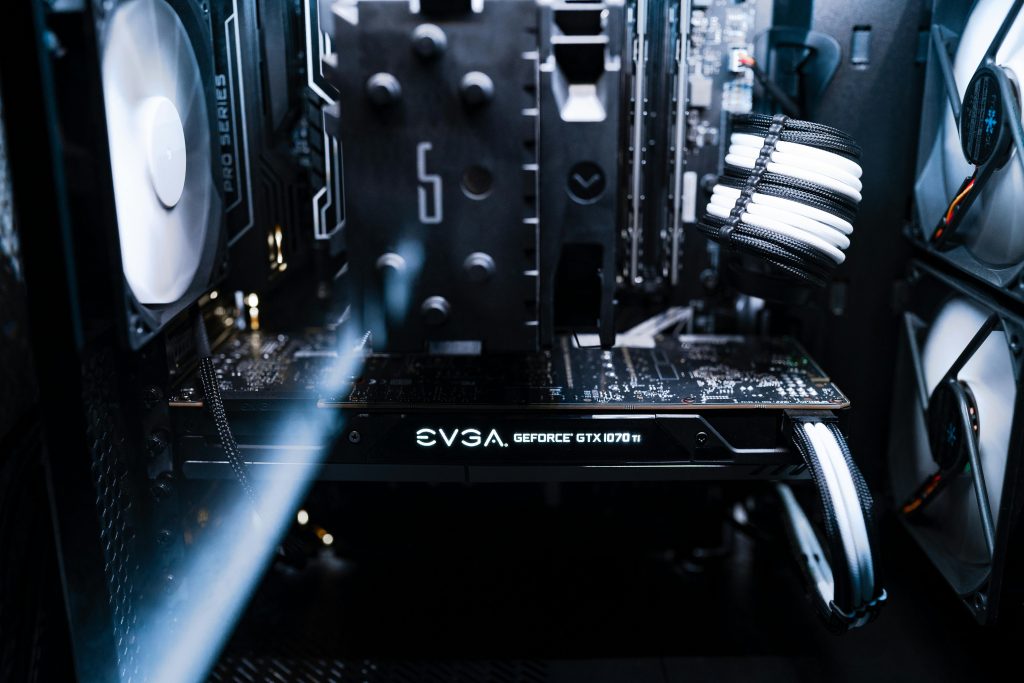Understanding and Addressing Unusual Startup Entries on Your Windows 11 PC
If you’ve noticed your Windows 11 computer running sluggishly or exhibiting unusual behavior, such as loud fans or lagging applications, it might be time to investigate potential underlying causes. One common culprit can be suspicious startup entries or background processes that may be remnants of uninstalled software or, in some cases, malware.
Identifying Unfamiliar Startup Entries
Recently, some users have reported encountering unusual entries in their Task Manager’s Startup tab. Examples include entries labeled simply as “1” or long GUIDs such as “A95216ad-0a16-4629-881d-2ed1f0eb3235.” Such entries can appear mysterious and may raise concerns about system security and stability.
While these entries are currently disabled, their presence warrants further investigation to determine their origin and whether they pose a threat.
Key Considerations and Steps for Investigation
-
Are These Entries Harmless Leftovers or Malicious Software?
-
Often, leftover startup entries can be remnants of previously installed applications that didn’t remove themselves cleanly.
-
However, suspicious labels or random GUIDs may also indicate malware or malicious scripts attempting to run in the background.
-
Should You Remove These Entries from the Registry?
-
Directly editing the registry can be risky; improper modifications can cause system instability.
-
It is generally safer to first attempt removal through established Windows tools or reputable cleanup utilities.
-
How to Safely Check if Your System is Compromised?
-
Utilize trusted antivirus or anti-malware programs to perform comprehensive scans.
-
Use built-in Windows security tools like Windows Security (Windows Defender) for initial checks.
-
Consider global system health diagnostics from reputable sources or professional IT support if suspicious activity persists.
-
Recommended Tools for Cleanup and Security Scans
-
Malwarebytes Anti-Malware: Excellent for detecting and removing malware.
-
CCleaner: Useful for cleaning temporary files and managing startup programs, with caution.
-
Autoruns (Microsoft Sysinternals): Provides detailed insights into startup items but should be used carefully, ideally by experienced users.
-
Reinstall or Repair Windows if persistent issues are found.
Best Practices for System Cleanup
- Always back up your important data before making significant changes.
- Use reputable tools and follow their instructions carefully.
- Remove or disable unknown startup entries only after confirming they are unnecessary or malicious.
Share this content:



